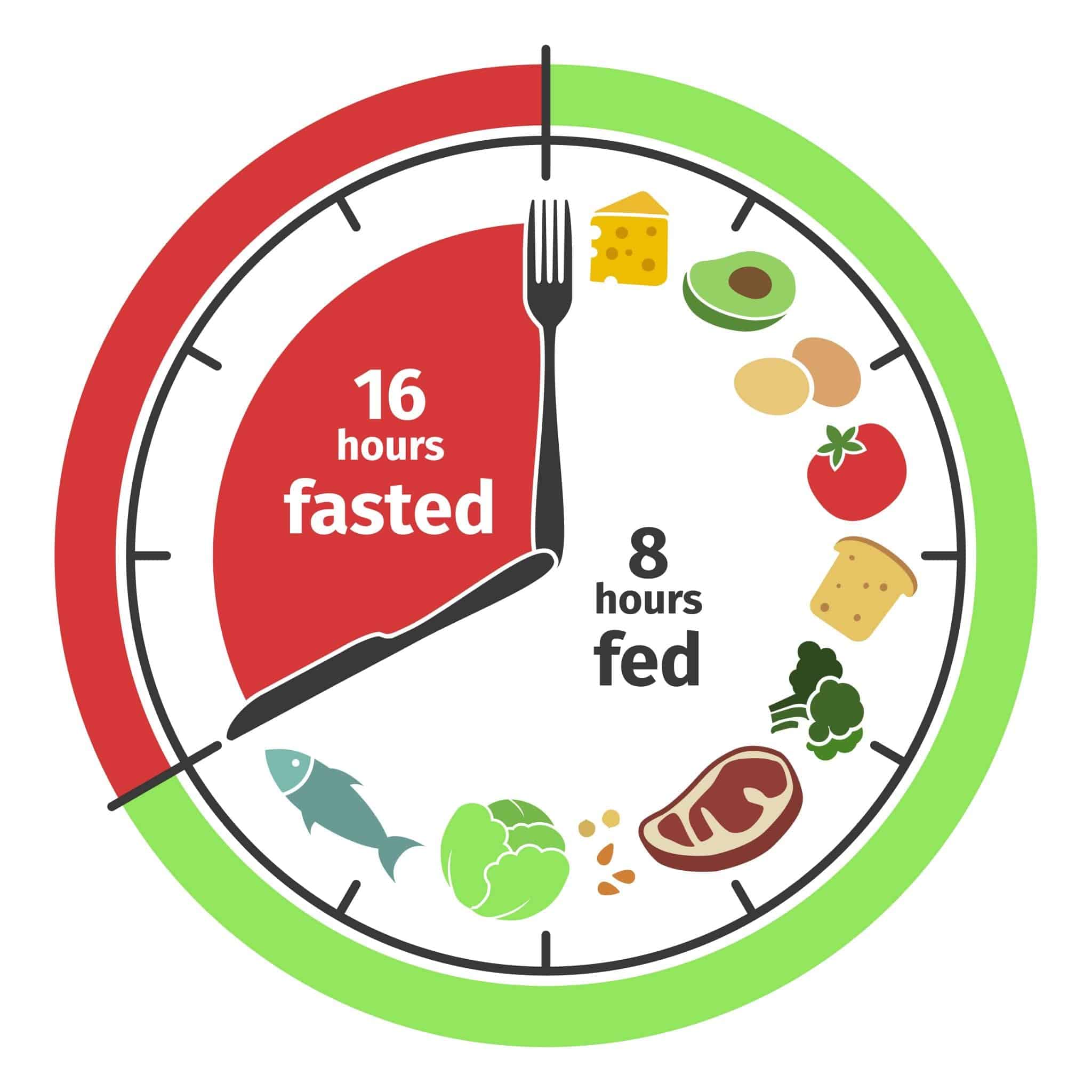Latest research suggests Intermittent fasting helps in type 2 diabetes remission, even in those who have had it for a while.

Over the past few years, intermittent fasting has gained popularity as a buzzworthy weight loss strategy. Fasting for a period of time each day or having only one meal for a few days a week helps in burning fat and lowers the risk of developing diabetes or cardiovascular disease.
According to research from Central South University in China, individuals with type 2 diabetes may be able to discontinue treatment and achieve diabetic remission by adhering to an intermittent fasting diet.
The metabolic components of type 2 diabetes are such that lifestyle and dietary modifications can significantly improve symptoms and even result in remission, contrary to type 1 diabetes, which has an autoimmune component and cannot presently be reversed.
According to a recent research published in the Journal of Clinical Endocrinology & Metabolism, individuals can obtain full diabetic remission following an intermittent fasting intervention.
“The cost of diabetic drugs is a hurdle for many individuals seeking to control their diabetes. After a period of intermittent fasting, diabetic patients in our research reported a 77 percent reduction in their prescription expenses.” Liu said
In a press release, Dongbo Liu Ph.D. at Hunan Agricultural University in Changsha, China, said that according to a recent exploratory study, if intermittent fasting is used, type 2 diabetes may not necessarily be a chronic, lifelong condition.
Danine Fruge, medical director at Pritikin Longevity Center, confirms with Liu that the results are promising. She further added that to increase awareness and inspire individuals, the findings are important.
What causes type 2 diabetes?
According to the Centers for Disease Control (CDC), 463 million adults have diabetes worldwide. 90-95% of those are with type 2 diabetes.

Type 2 diabetes occurs when the pancreas produces less insulin than the body requires and the body cells cease reacting to insulin. They don’t consume sugar as they ought to. When the cells don’t respond to insulin, this condition is called insulin resistance which is mainly caused by lifestyle habits, such as obesity and reduced physical activity.
What does the research say about intermittent fasting and type 2 diabetes?
72 people with type 2 diabetes were randomly assigned to follow a control diet for three months or an intermittent fasting diet. At the beginning of the trial, several of the patients were receiving insulin or diabetic medications.

After three months of follow-up, 17 of the 36 patients in the intervention diet group had diabetes remission – defined as a stable HbA1c (average blood sugar) level – compared to just one participant in the control group. Others in the fasting group also saw positive outcomes including weight loss, a decrease in medication, and blood sugar level
The patients were also evaluated at 12 months to determine whether this effect persisted, and 16 of the 17 who had been in remission at three months had continued to maintain a healthy HbA1c level.
Intermittent fasting may carry risks for patients with type 2 diabetes
Although the new research is intriguing, it does not guarantee that every patient who tries intermittent fasting will have diabetic remission.
We cannot predict from the research how each patient will react to intermittent calorie restriction, which is precisely why it’s crucial to discuss research with your doctor.
Also for those with type 2 diabetes, intermittent fasting entails risks like:
- low blood sugar or hypoglycemia
- malnutrition
- physiological changes like low energy, irritability
According to Emily Campbell, a dietitian and certified diabetes educator, “Reading peer-reviewed articles will help to prevent flawed research”. She further added, “this does not imply that the findings will be clinically significant for everyone’s health. So its important to seek a doctor’s suggestion to ensure findings apply to your particular health condition.”
These results require further investigation to be confirmed, but experts suggest that intermittent fasting may one day offer type 2 diabetics a potential dietary choice.













